
Over the past four decades, hundreds of thousands of patients have come to Dr. Schultz's office complaining that their skin is too oily, too dry, or too sensitive. They can’t figure out which products will be the most effective for their skin issues because they misunderstand their skin type. If that sounds like you, you’re in the right place. Dr. Schultz has been spending years mastering his understanding of the skin, so now, you can understand yours. Knowing if you have oily, dry, combination, sensitive, mature, or normal skin can help you troubleshoot problems when they pop up and get back the gorgeous, glowing, youthful-looking skin you lost.
As you age, you might discover your skin at 43 isn’t the same as it was at 23. Maybe it’s a bit drier, or you’re getting excess oil in a brand new spot. Dr. Schultz recommends a quick test that you can do at home with a brown paper bag to see what your skin type might be today: An hour after washing your face, without putting products on, dab your entire face with the paper bag. If skin particles appear on the bag, or if you can see flakes or scales on your cheeks, you have dry skin. If some areas like your nose and forehead have acne and leave blotches on the bag while your cheeks do not, then you have combination skin. Blotches or acne in all areas? Oily skin. If there's no oily residue or flakes, you have normal skin. And if you're older and your skin has flakes and scales, you likely have mature skin. Sensitive skin is often irritated, itchy, and inflamed due to products and environmental factors. Below, we’ll break it down even further to help you truly determine your skin type.
What are the Different Skin Types?
It’s incredibly important to know your skin type because using the right products for you will make a huge difference for your skin’s health and glow. Watch as Dr. Schultz explains the importance of skin type:
Believe it or not, you can quickly determine your skin type by answering just two questions. Additional questions may help hone your exact skin condition, but the following questions do provide a basic check:
1. Are you often oily or acne-prone?
2. Are you cheeks often dry, flaky or feeling tight?
To find your skin type, answer the questions above and find your match below.
Dry Skin
If you answered no to the first question and yes to the second, then you have dry skin. Your skincare products should be heavier than those of other skin types in order to offer moisture to parched skin. Lotions and creams are appropriate vehicles for your skin type.
Oily Skin
If you answered yes to the first question and no to the second, then you have oily skin. This means you want to use products in a light vehicle, such as a serum, to avoid clogging your pores. Your products may contain alcohol, which helps control the excess oil.
Combination Skin
If you answered yes to both questions, then you have combination skin. Since different areas of your face have different concerns, you need to treat them separately. Use a balancing cleanser in your T-zone and a gentle cleanser for your cheeks. Also, be sure to apply a light, water-based lotion onto your cheeks at the end of your routine.
Normal Skin
If you answered no to both questions, then lucky you! You have normal skin. That doesn't mean that you don't have to worry about vehicles, however. Be sure to adjust your skin care vehicles based on season. For example, you may need to switch to a cleanser that fights oil in the summer, or to a heavier moisturizer in the winter.
Sensitive Skin
Many people think they have sensitive skin because once in a while, skincare products are irritating for them. However, does irritation "once in a while" mean sensitive skin? Understanding sensitive skin is important because people who have sensitive skin, or believe that they do, may avoid potentially useful and helpful skin care products in fear of irritating their skin or developing a rash. You may be convinced that you have sensitive skin because of some irritations that you've experienced, but more often than not, you'll find that you have normal skin. Dr. Schultz explains what sensitive skin is in the video below to help you determine if this is, in fact, your skin type:
How to Know Your Skin Type
Still unsure which skin type is yours? If any of these signs show up on your skin, chances are good this is the kind of skin type you have:
Signs of Dry Skin
You may have dry, flaky, rough texture in your cheeks. The skin around your nose and mouth may crack or flake off as well.
Signs of Oily Skin
You may be prone to breakouts, acne, and clogged pores. You’ll see excess oil in your T-zone from your nose to your forehead.
Signs of Combination
You may have flaky, dry cheeks as well as an oily T-zone. Your skin may require different products for different parts of your face.
Signs of Sensitive Skin
You may have sensitive skin if your skin is frequently irritated (once a month or three times a year) by many different common skincare ingredients and products.
The Best Products for Each Skin Type
While everyone should be using an exfoliant and antioxidant consistently, there are a few special products that are just right for each kind of skin type:
Best Products for Dry Skin
To get the most hydration for dry, cracked skin, use a moisturizer like the Soothing Moisture Cream that is formulated with hyaluronic acid, shea butter, and willowherb to bring deep hydration and volume back to your skin. Need a little extra hydration around the sensitive eye area? Our Ultra Hydrating Eye Repair Cream adds luxurious moisture while brightening your eyes for a refreshed, hydrated glow.
Best Products for Oily Skin
Daily progressive exfoliation with Tetrafoliant® products is your best bet to combat oily skin. In addition to this daily practice, you can still hydrate! Use a Light Rehydrating Lotion that is lightweight and won’t clog pores.
Best Products for Combination Skin
When dealing with combination skin, getting the right products for the right issues is key. For your dry skin, using a Nourishing Moisture Cream will maximize hydration with a non-greasy, oil-free application. For your excess oil, continue to exfoliate daily and use spot treatments like Dermstick for Pores in the oily spots that are clogging your skin.
Best Products for Sensitive Skin
If you truly have sensitive skin and you react to common products once a month to three times a year, make sure you’re using the gentlest formulas possible. With the Gentle Cream Cleanser, you’ll feel like you’re cleansing with a moisturizer, and it lacks any irritating detergents that could stress your skin, so you simply get clean, fresh skin.
 BRX REWARDS
BRX REWARDS



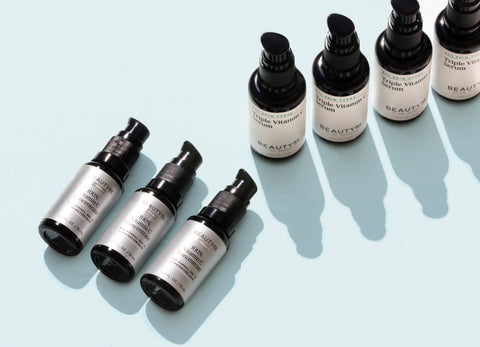
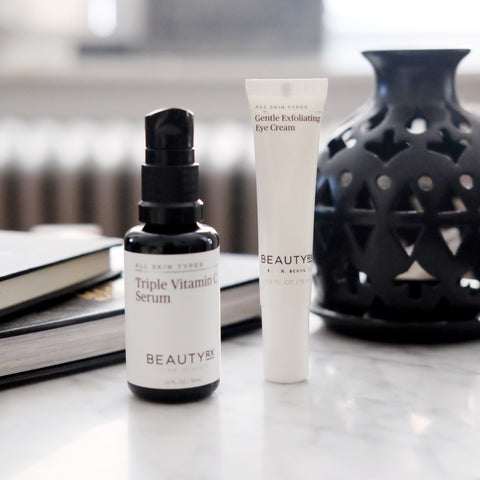


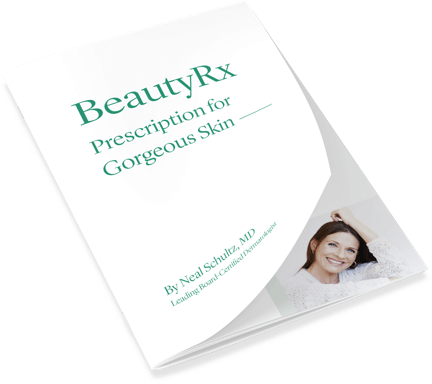
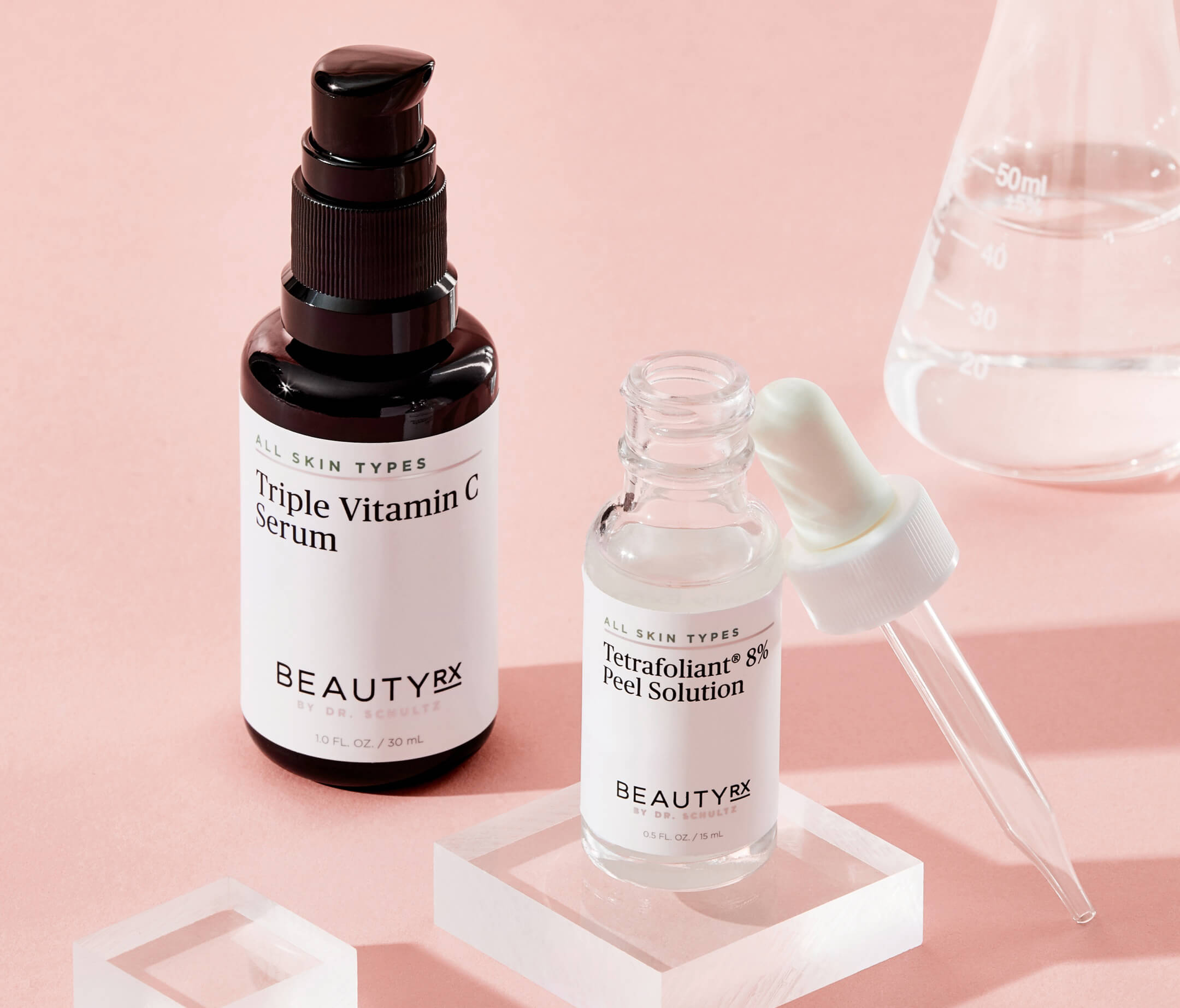

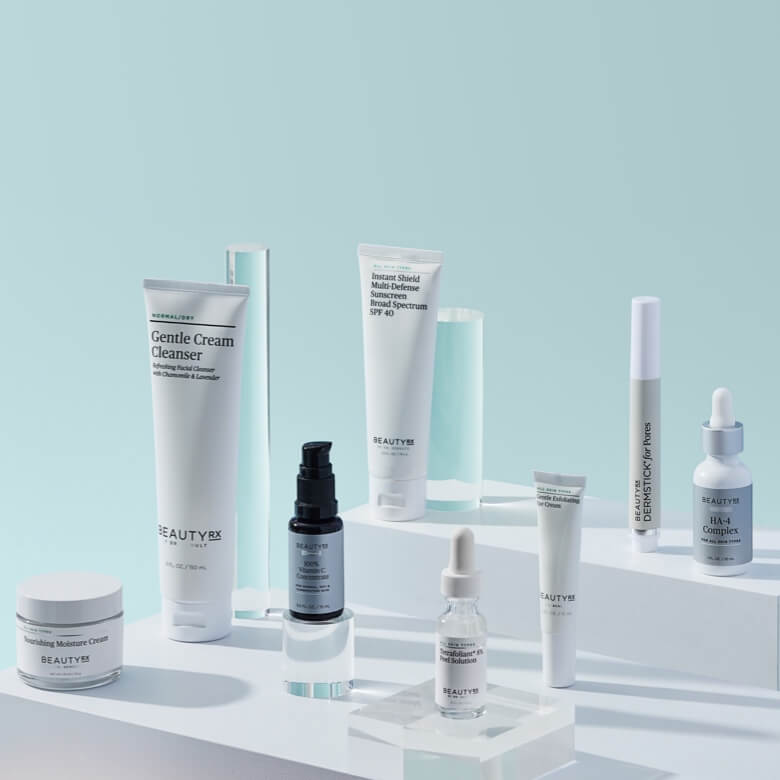
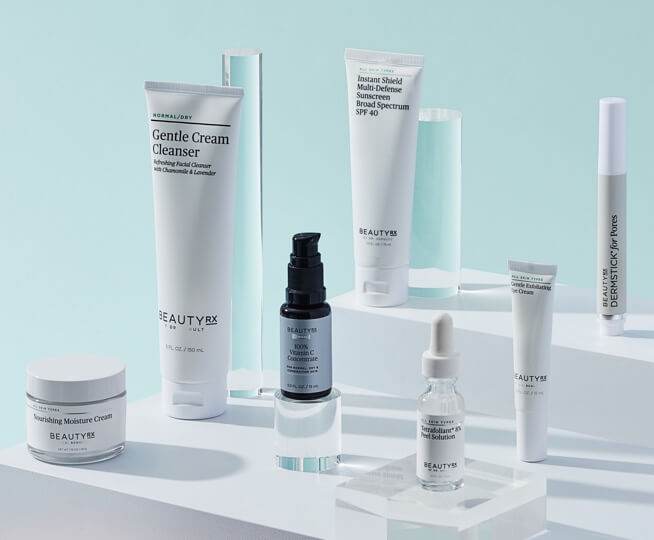


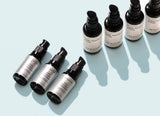
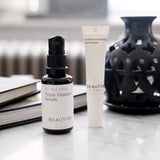




Leave a Comment